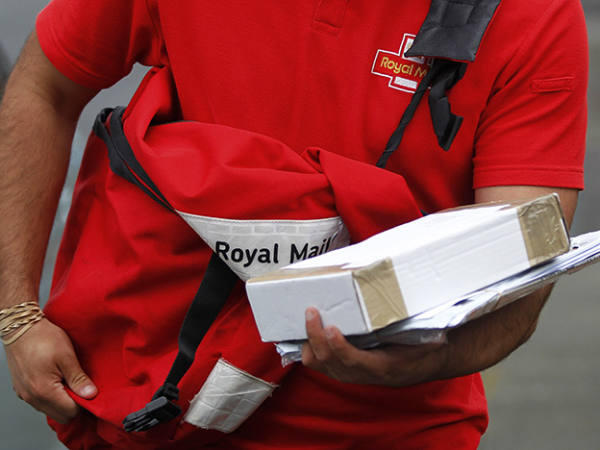The collapse of German fintech Wirecard (Ger:WDI) has ensnared several British banking services firms and card issuers, after the Financial Conduct Authority (FCA) this morning imposed a raft of restrictions on the payments processing group's UK arm.
Under the directive, the watchdog has told Newcastle-based Wirecard Card Solutions – whose services include issuing e-money onto prepaid cards for UK businesses and customers – that it cannot dispose of any assets or funds, or continue with regulated activities.
Explaining the intervention, the FCA said it was acting to protect the interests and money of consumers with payments managed by Wirecard. “Following last week’s news of €1.9bn missing from the accounts of the German company…we immediately placed requirements on the firm’s UK business so that it should not pay out or reduce any money it holds for its customers except on their instructions,” the regulator confirmed.
However, the move has resulted in thousands of businesses and customers unable to use cards or access funds locked in accounts that run on Wirecard’s payments technology, in a major blow to the reputations and reliability of several fast-growing fintechs.
ANNA Money, a mobile business payment application which has partnered with Wirecard, initially urged its customers to withdraw money from their accounts “as soon as possible”. The FCA action subsequently meant that ANNA customers’ accounts were frozen, including that of one business client who confirmed to the Investors Chronicle he could no longer access his cash.
Curve, which issues a card that allows customers to spend from multiple separate bank accounts, also confirmed that all transactions and money transfer services through its cards had been temporarily suspended. Trade journal reports suggest the company has around half a million customers.
Other high-profile fintech names are unaffected. Digital-only banks Monzo and Starling, who count several million customers between them, both confirmed they no longer use Wirecard’s services. Revolut, which counts venture capital firm Draper Esprit (GROW) as an investor, said it had switched its top-up cards away from Wirecard, and that its main cards were working as usual.
Fairfx – which last year changed its name to Equals Group (EQLS) and markets prepaid travel cards issued by Wirecard’s UK arm – did not immediately respond when asked how it might be affected. Others appeared to be digesting the impact of the news. Soldo, which issues pre-paid Mastercards to help businesses manage ad-hoc expenses, said it was “aware of an issue affecting a number of fintechs” on Friday afternoon.
For its own part, Wirecard Card Solutions said it was "working hard to have the steps in place which will enable the suspension to be lifted so business can resume as usual".
Wirecard is a payment processor, which means it acts as an intermediary between customers and merchants, helping to manage transactions on behalf of issuing banks. For the past decade, it has been one of many companies championing the move to a cashless economy, but has unravelled in a matter of days, after its auditors failed to locate €1.9bn of the company’s own cash. The unmasking of an apparent large-scale fraud also follows five years of investigation by Financial Times reporter (and one-time IC writer) Dan McCrum.








